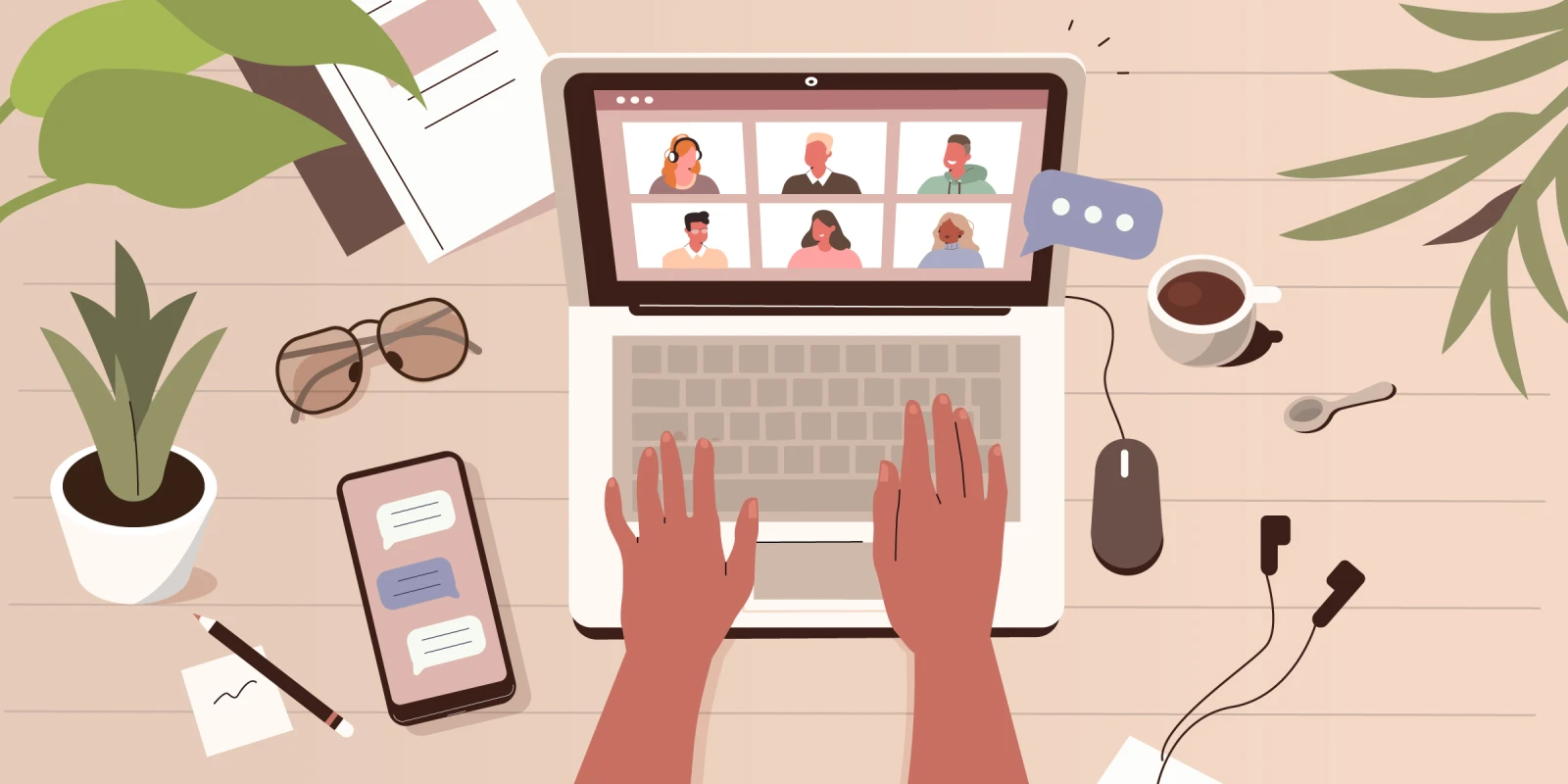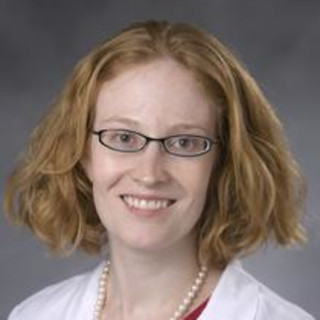ASTRO 2020, originally scheduled for Miami and changed to virtual, has successfully completed its virtual meeting. Like everything else this year, my experience both as faculty and as a participant was unprecedented, with both frustrations and silver linings. There are many strengths to a virtual meeting — much more convenient and lower cost, no need to get clinic coverage — but that “accessibility” trades the camaraderie and interactions with peers and thought leaders which help digest the new studies and put them into context, as well as refresh and develop new ideas. Here’s my experience with Virtual ASTRO 2020 and my guide to get the most out of your next virtual meeting:
1. Use your Conference Planner to select your sessions of interest. The structure of this Virtual ASTRO meeting is different than the access previously provided by attending the meeting or purchasing the “virtual meeting” in past years. The structure of the meeting took some getting used to, but is appreciated as creating an identity for the meeting rather than just a collection of pre-recorded webinars. I found it was easiest to navigate by selecting sessions of interest in my Conference Planner and then using that to guide which sessions I searched for, whether in real time or now, after the meeting has officially ended, to complete my CME.
2. Take advantage of the Chat Options. This recommendation isn’t quite fair, as at the time you are reading this the meeting chat isn’t an option – it was only for live sessions or SimuLive with real-time chat with the session faculty. But I predict there will be a component of virtual meetings that continues into next year, and perhaps even post-COVID-19, so remember this piece of advice. And hopefully ASTRO may be able to figure out how to archive the chats in a way that allows review at a later date. The chats offered the opportunity to ask the presenters questions and hear what others thought about the studies or literature being presented. ASTRO also offered several options through chat in the Networking Lounge with scheduled “meet the expert” type sessions that again allowed opportunity for questions or just hearing others’ thoughts.
3. Utilize sideline Zoom meetings, when feasible. My best experience recapitulating a typical ASTRO was during two Zoom meetings set up during the meeting – first was a session faculty Zoom to be able to answer chat questions live, and the second was the Women in GU Get Together where we all took a few minutes to check in and just talk RadOnc!
4. Take notes! Or something else to keep your attention on the meeting. I really struggled with the lack of protected time and my increasing tendency in this post-COVID-19 world to multi-task when on my computer. Thus I found at first that I wasn’t really processing or remembering the session I had just watched! I hope that taking notes is going to help me in multiple ways – I’m actively engaged and accomplishing something, so I don’t feel guilty for spending the time watching a session; I think I’ll remember what I’ve seen much better; and I now have a shorthand for tracking down “that abstract” I heard if I want to look it up again three months from now.
5. Lastly, don’t be a stranger! I was very pleased with the high quality of research being shown, but still want to know more. Since we don’t have an opportunity to ask questions in real time, reaching out to speakers is a key element to understanding the content made available through the meeting. Having both received and sent emails with questions and thoughts about what was presented, I can say that we all are excited to share our research and expertise with our colleagues. My recommendation to future virtual meeting speakers (and perhaps even when live meetings restart), please provide your email address on their presentation, as hunting someone down can be challenging.
My takeaway from this ASTRO includes important information about PET use in prostate cancer, the ability to escalate dose and the interaction between prostate RT and androgen deprivation, but most importantly, I learned important lessons about how to maximize my time and learning from a virtual meeting. COVID-19 has permanently changed the way we live, practice, and learn, and I hope what I’ve learned will be of use to you as well. Wishing you and yours good health and peace in the remainder of 2020 and into 2021!
Dr. Koontz works for @DukeGUCancer.







